 How God and “Deferred Action” Hastened Hope for One Undocumented Immigrant
How God and “Deferred Action” Hastened Hope for One Undocumented Immigrant
The following article is the second in a series, Tracking the Immigration Debate. This week we are cross-posting with our partner site, ecclesio.com.
The author’s name is withheld for privacy in this article.
For twenty years, I have lived without documentation. That’s another way of saying that, for twenty years, I have not known a day of safety. Without papers proving my identity and humanity, I simply do not exist in the eyes of many. The Deferred Action for Childhood Arrivals is changing all that. But truth be told, I experienced a change before the government ever stepped in. You don’t survive twenty years of vulnerability without something to lean on—and for me, that has been God. It is a crucified and undocumented God that has made me more than just a stranger in a foreign land. I will soon have a Master’s degree. I hope to work as a hospital or military chaplain. I may be invisible to many in this country, but I have always been known to God.
At the age of nine, I traveled several miles in search for a better life. My name is Pedro, and I was born in a small rural town in the state of Puebla, Mexico. When I was three years old, my father passed away. My mother worked very hard harvesting crops, but she saw that it wasn’t enough to feed our family. We struggled for three years, but no matter how hard my mother worked, she wasn’t able to support our family financially. Soon after, she decided to immigrate to the United States. Before my mother departed, she told me that she would come back for us. For three years we lived with my grandmother in Ayoxuxtla, Puebla. My mother was able to send some money for us to eat. When I was nine years old, my mother came back for my sisters and me. We crossed illegally through the San Diego/Tijuana border.
___________________________________________
Because I don’t have a social security number, I’m not able to apply for most jobs, rent in most places, apply for financial aid, or even drive. I have worked in many jobs including: dishwasher, gardener, construction worker, mechanic, and computer technician.
___________________________________________
I have lived in San Diego for twenty years. The most important thing that happened to me, during those two decades, was the opportunity to get to know God. I always knew someone was watching over me—when I lost my father, while traveling hundreds of miles on dangerous roads, while crossing the border, and presently, in my studies. Because I don’t have a social security number, I’m not able to apply for most jobs, rent in most places, apply for financial aid, or even drive. I have worked in many jobs including: dishwasher, gardener, construction worker, mechanic, and computer technician. And I’ve saved every penny to pay tuition and books.
Currently I’m finishing a Master’s degree in Psychotherapy. I’m also working on getting a Master’s degree in Chaplaincy. Sometimes I have to work two jobs, and sometimes three, at the same time to pay for my tuition. I also have volunteered in my local church, and have given hundreds of hours of community service. Every time I felt like giving up, God always provided an open door, and He gave me the hope to continue. I’m one hundred percent confident that God is in control in all areas of my life and I trust in God completely because I have seen God’s wonderful work in my life.
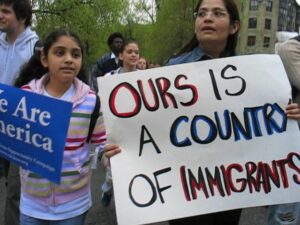 Since the government approved the Deferred Action program, I have seen new hope. On June 15, 2012, President Obama’s administration announced its Deferred Action for Childhood Arrivals program, granting young undocumented immigrants the opportunity to apply for “renewable two-year deportation reprieves and a permit needed to work legally.”[i] While the Deferred Action does not confer legal status, it does establish that person as “lawfully present” during the deferred period. In other words, it acknowledges existence and provides some of the basic documentation needed to ensure the quality of that existence. Of course, there are a number of required qualifications: individuals “must be 31 or younger, have arrived in the country before their 16th birthday and meet other education, military service and criminal record requirements.”[ii] There are of course other obstacles such as “the $465 application fee charged by the government to cover the cost of the program” as well as the absence of legal counsel and fears of exposure. On December 23, 2012, The Arizona Republic reported that, of the 1.7 million eligible young, undocumented immigrants, only 367,903 have applied.[iii]
Since the government approved the Deferred Action program, I have seen new hope. On June 15, 2012, President Obama’s administration announced its Deferred Action for Childhood Arrivals program, granting young undocumented immigrants the opportunity to apply for “renewable two-year deportation reprieves and a permit needed to work legally.”[i] While the Deferred Action does not confer legal status, it does establish that person as “lawfully present” during the deferred period. In other words, it acknowledges existence and provides some of the basic documentation needed to ensure the quality of that existence. Of course, there are a number of required qualifications: individuals “must be 31 or younger, have arrived in the country before their 16th birthday and meet other education, military service and criminal record requirements.”[ii] There are of course other obstacles such as “the $465 application fee charged by the government to cover the cost of the program” as well as the absence of legal counsel and fears of exposure. On December 23, 2012, The Arizona Republic reported that, of the 1.7 million eligible young, undocumented immigrants, only 367,903 have applied.[iii]
I am one of those 368,000 people, and through this program, I will be able to work legally to pay my tuition. Furthermore, Deferred Action will give me the opportunity to continue serving God. My hope is to be working in a local hospital and/or military as a chaplain and also start my own private practice as a therapist. Every time I feel the pressures of life, I think about Jesus. He was the youngest immigrant in the New Testament, at a very young age He had to leave to go to Egypt. Imagine, our own creator, the only and most powerful God, had to travel to distant lands because of persecution—that fact is truly inspiring.
[i] Janell Ross, “How the Deferred Action Immigration Program Went From Dream to Reality,” The Huffington Post, Aug 19, 2012: http://www.huffingtonpost.com/2012/08/19/deferred-action-immigration-program_n_1786099.html.

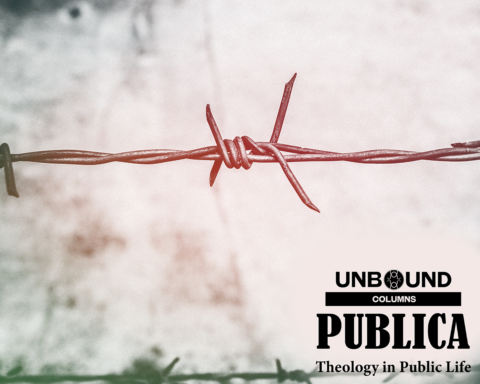
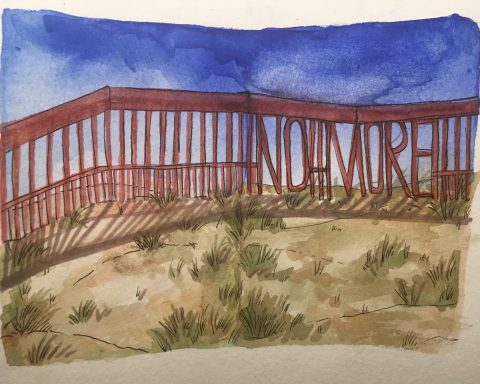
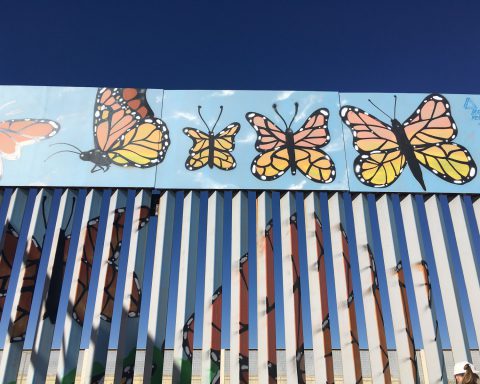
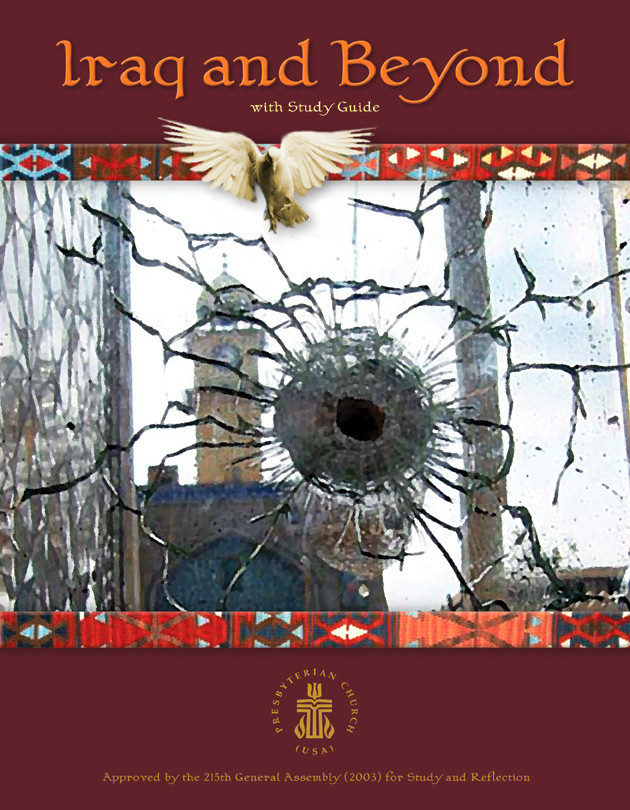

Unbound Social